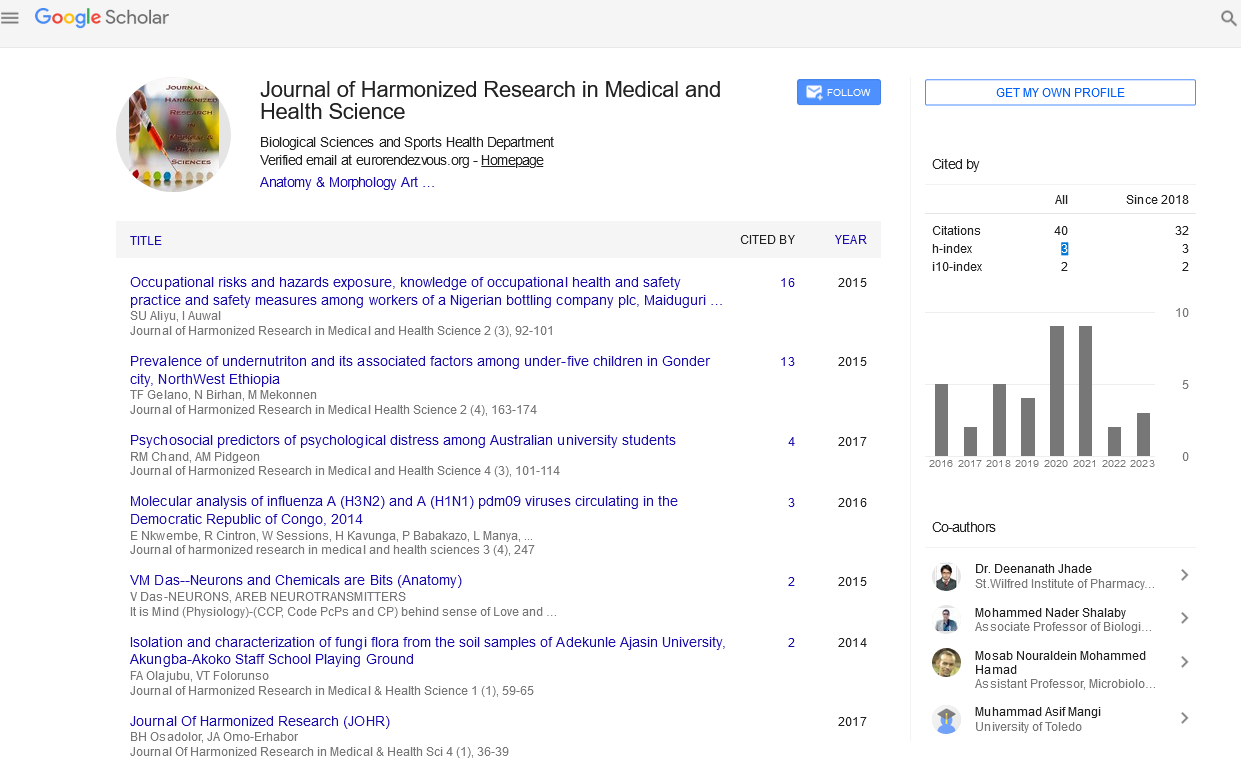AN INTEGRATIVE REVIEW: ALCOHOL INTAKE AND ANTIRETROVIRAL THERAPY AMONG PEOPLE LIVING WITH HIV
Abstract
Author(s): Ketema Bizuwork Gebremedhin
Endurance rate of peoples living with HIV was improved and HIV/AIDS related deaths were reduced due to the initiation of combination of antiretroviral therapy (cART). The purpose of this review was to explore the effect of alcohol use on adherence to antiretroviral therapy, its effect, and antiretroviral drug toxicity among people living with HIV (PLHIV). Alcohol intake was found as have positive and linear relation with antiretroviral drug adherence. It was also found that exacerbate immune suppression and toxicity of antiretroviral therapy drug as well affects life expectancy. One study realizes that during the intake of alcohol, there has been found to lessen the production of antibodies in response to vaccination and has been related to a more reduction in the number of CD4 cells that constitutes the primary targets of HIV infection prior to antiretroviral therapy (ART) initiation. It is known that as medications can cause a wide range of toxicities; from low-grade intolerance that may be self-limiting to life-threatening drug toxicities. The most common toxicities include: Mitochondrial dysfunction, Lipodystrophy, other metabolic abnormalities, Hematological and Hyper sensitivity. Since it is concluded that alcohol intake can affect medication adherence level, from people started antiretroviral therapy (ART) among peoples living with HIV, those with 40% to 80% of doses taken as ordered/adhered were 3.6 times have probability to develop AIDS compared with people with at least 95% adhered and those with poor ART adherence, less than 40% of doses taken as ordered were 5.9 times more probably to develop the acquired Immune deficiency syndrome (AIDS).










